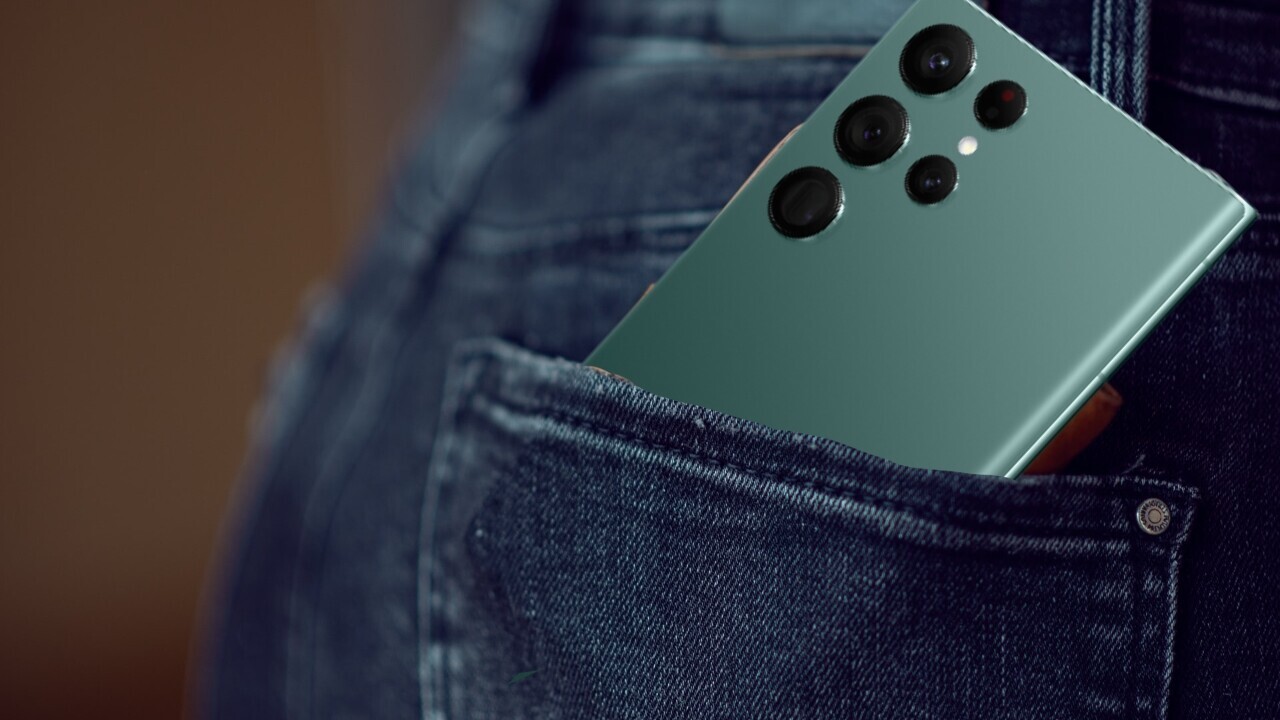
For the last few days, a new website called SmallAndroidPhone has been doing the rounds on Hacker News and Reddit.
The site was created by Pebble founder Eric Migicovsky, and he’s making a pitch for a great small Android phone.
It’s a story we’ve heard countless times before: many people love small and powerful Android phones, but there aren’t many options. Apple released a tiny iPhone two years ago, but multiple reports suggest there won’t be an iPhone 14 mini.
So what does Migicovsky want? Easy: a no-compromise Android phone with a less than 6-inch screen.
Ideally, it should be the size of an iPhone mini with a great camera and a flagship processor. He’s ready to pay a premium price of $700-$800 for something that fits the bill.
He ideally wants to convince Google — or any other phone maker — to make such a phone for compact phone lovers.
But he has another pitch: if no company makes this, and he gets 50,000 supporters on the website, he’ll establish a new firm to make a compact phone.
“I have a very specific set of skills and industry connections that I have acquired over a long career in the hardware business. I will put them to use in our shared quest to get the perfect small Android phone. If no one else ends up building one, and enough people sign up… maybe I will be forced to make it myself.”
So what are the challenges?
Being a phone company that focuses solely on small phones will be hard. Earlier this year, I wrote about how despite people on the internet rallying to demand a compact phone from time to time, the sales figures don’t paint a positive picture.
When I talked to the research firm Counterpoint at that time, it said that the market for such devices has reduced from 81% of the whole market in 2018 to just under 10% in 2021.
Analysts suggest that this is because of battery-intensive tech like 5G chips, which makes larger phones with a bigger capacity more attractive. Also, given many people use their handsets as their primary computing device (think of things like entertainment and gaming), phones with more real estate are in higher demand.
So creating a substantially large public hunger for compact phones will be an issue for the company. If you’re producing devices in smaller quantities, ordering parts for manufacturing and repair becomes costly — especially when they’re high-end components.
Another challenge would be deciding on time between iterations. If you’re not selling millions of devices, it might not be possible to release a new model each year.
A rough search on GSMArena’s phone finder for Android phones with less than a 6-inch screen, a release date of 2021 or later, and a $400+ price point, gives me only three results: the Sony Xperia 10 IV, the Asus Zenfone 8, and the Cat S62.

Only one of them, the Asus Zenfone 8, can qualify as a compact flagship. I used the phone last year, and I really loved it. But I’m not sure if Asus will release a follow up.
Migicovsky mentioned in his blog post that Apple sold more than 10 million iPhone mini devices, which is a good figure for a small company — but not significant for Apple. Still, if you’re a company worth trillions of dollars, you can experiment with device sizes and get away with it unscratched.
For a new company focused on small phones, this might not be the case.
Despite this, it’s not impossible to be a boutique phone company. Europe-based Fairphone sells a few thousand units each year — with sustainability and device longevity as premium features — and makes a profit. Plus, it doesn’t launch a new model every year.
So there is a way for miniature handsets to thrive.
The compact phone world needs a sleeper hit
For better or worse, it’s unlikely companies will take a gamble on a flagship-style compact Android phone.
In fact, major phone manufacturers will only be interested in pumping out a premium phone of this size if a mid- or low-range model is successful.
Hell, analyst data suggests that the iPhone SE dominates the small smartphone market with 24%, and it’s primarily because it’s a cheap iPhone, and not a small one.

Despite people in the media and online comments sections being loud about their desire for compact, flagship handsets, there appears to be a gap between this hunger and actual sales figures.
Really, companies will need to prove there’s a market for small phones — and one way to attract customers would be to make a cheap model.
In the Android world, the Google Pixel 4a was a great example: it had a 5.81-inch screen, a great camera, and a sub-$400 price point. It’s sad that Google sucked at worldwide distribution and marketing, otherwise this device could’ve set the world on fire.
What we need is a few companies making compact phones with a sprinkling of marquee features and a pocket-friendly price. If this is successful, it could spark the revival of small phones. I just wish we can see that day soon.
Get the TNW newsletter
Get the most important tech news in your inbox each week.




